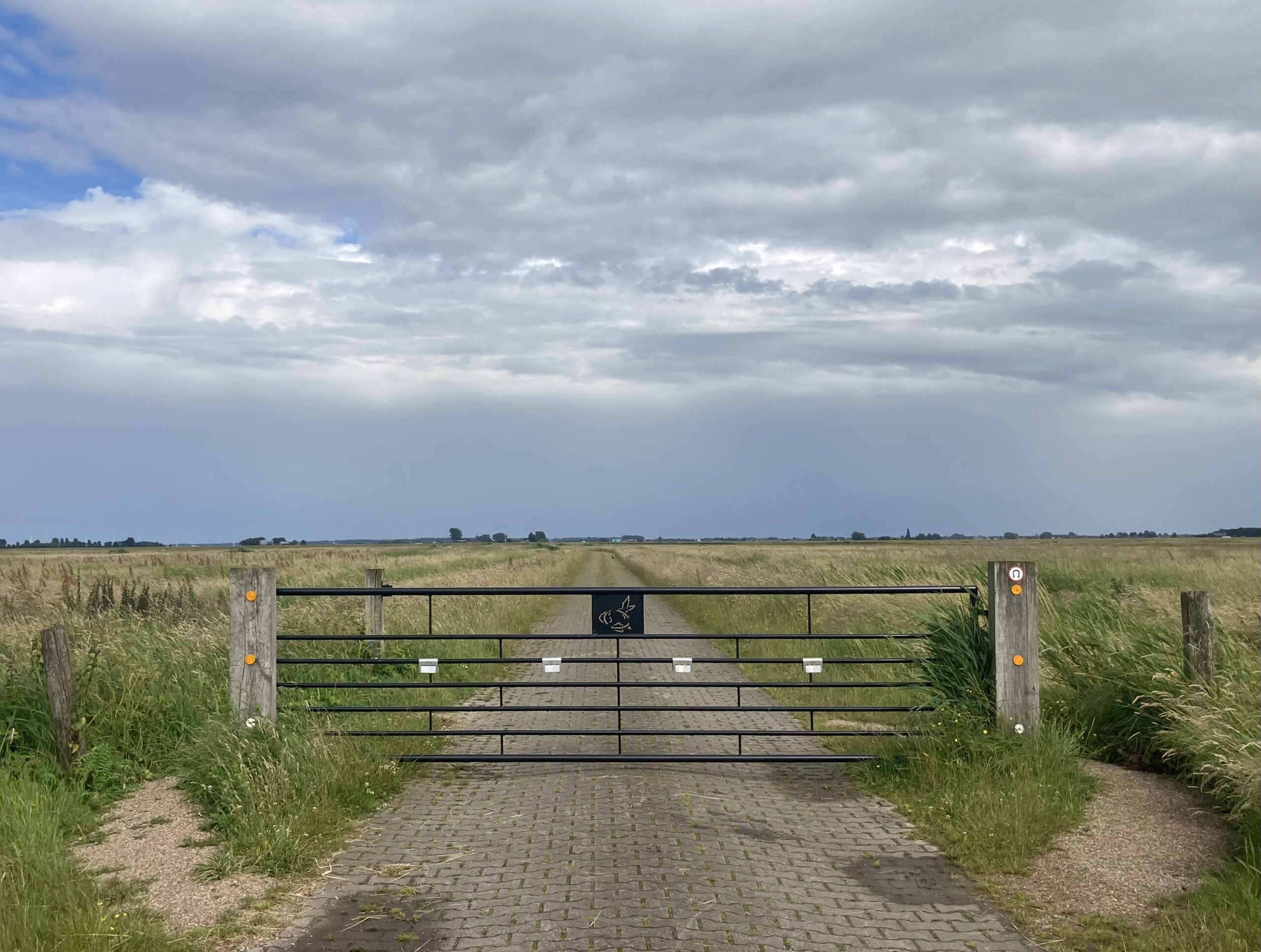Contested EU nature restoration law crosses finish line
Claudia Delpero
The highly contested EU nature restoration law cleared the final hurdle and was adopted by environment ministers on Monday despite the opposition of six countries, including the Netherlands, and the abstention of Belgium.
The content of the law, which aims to restore at least 20% of the EU’s land and sea areas by 2030 and all ecosystems in need by 2050, had previously been agreed by the European parliament and council, with measures to achieve the targets weakened under farmers’ pressure.
In March, however, Finland, Hungary, Italy, the Netherlands, Poland and Sweden opposed the legislation and Belgium and Austria abstained, leading the Belgian EU Council Presidency to put the file on hold.
In order to pass, the law needed a qualified majority of at least 55% of member states (15 out of 27) representing at least 65% of the EU population. A change in the position of any of the eight countries would have paved the way for its adoption.
Last Wednesday, the Utrecht city council signed an open letter by a group of organisations representing European local authorities, including Eurocities and Polis, urging EU ministers to pass the law.
The situation was unblocked by Austria’s green environment minister Leonore Gewessler, who decided to vote in favour. Austria’s position was previously determined by a joint statement of the country’s nine provinces that opposed the law.
In a statement shared with the other council members, the Dutch government said it was bound to vote against the regulations because of a motion passed by the Dutch parliament. That motion said the Netherlands would have difficulties to meet its targets in a context of “high population density and high pressure on land use caused by competing economic, social and environmental claims, and the related risks of legal and policy consequences”.
The note, however, adds that once adopted, “the Netherlands is committed to implementing the regulation in a successful manner… in such a way that the administrative burden and legal requirements for societally relevant projects are as limited as possible”.
The law is also meant to fulfill the EU commitments under the UN Convention on Biological Diversity.
New cabinet
Bas Eickhout, MEP for the GroenLinks-PvdA, said: “The most important thing is that this law has now crossed the finish line. Countries must now finally get to work on restoring nature, and that is urgently needed. Some 80% of European nature is in poor condition and even 90% in the Netherlands. The new Dutch cabinet cannot ignore this either and will have to make plans to restore nature in our country.”
Environmental organisations including BirdLife Europe, ClientEarth and WWF said the vote is “a massive victory” after the law faced “one of the most tumultuous journeys in the history of EU legislation… surviving an unprecedented and absurd disinformation campaign”.
However, the story might not be over. After the vote, the Austrian conservative party ÖVP filed criminal charges against the environment minister for abuse of office, according to website Euractiv. The Council presidency considers Monday’s vote legally binding.
Thank you for donating to DutchNews.nl.
We could not provide the Dutch News service, and keep it free of charge, without the generous support of our readers. Your donations allow us to report on issues you tell us matter, and provide you with a summary of the most important Dutch news each day.
Make a donation